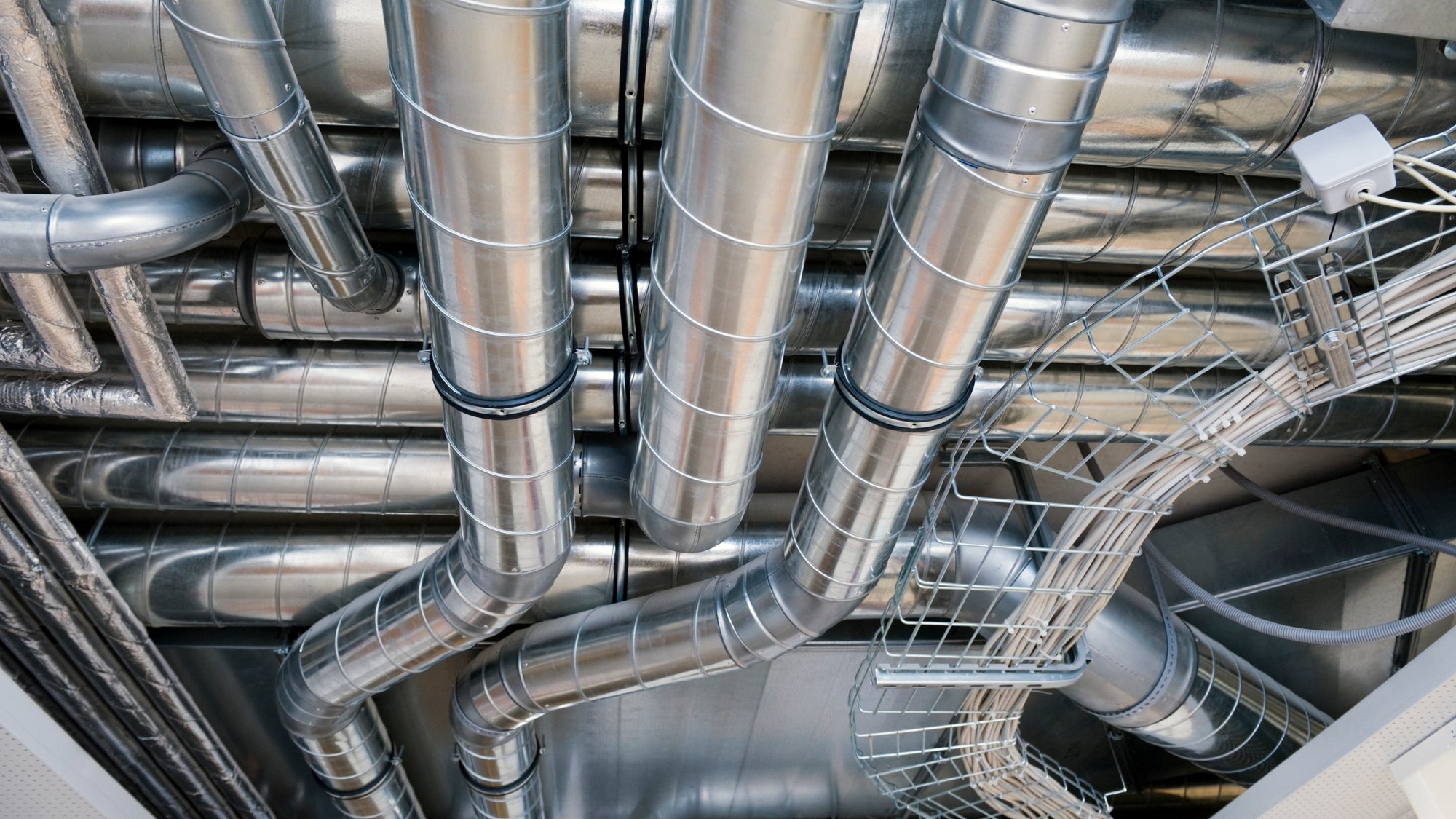Not only people need to stay cool, especially in a summer of record-breaking heat waves. Many machines, including cellphones, data centers, cars and airplanes, become less efficient and degrade more quickly in extreme heat. Machines generate their own heat, too, which can make hot temperatures around them even hotter.
We are engineering researchers who study how machines manage heat and ways to effectively recover and reuse heat that is otherwise wasted. There are several ways extreme heat affects machines.
No machine is perfectly efficient – all machines face some internal friction during operation. This friction causes machines to dissipate some heat, so the hotter it is outside, the hotter the machine will be.
Cellphones and similar devices with lithium ion batteries stop working as well when operating in climates above 95 degrees Farenheit (35 degrees Celsius) – this is to avoid overheating and increased stress on the electronics.
Cooling designs that use innovative phase-changing fluids can help keep machines cool, but in most cases heat is still ultimately dissipated into the air. So, the hotter the air, the harder it is to keep a machine cool enough to function efficiently.
Plus, the closer together machines are, the more dissipated heat there will be in the surrounding area.
Deforming materials
Higher temperatures, either from the weather or the excess heat radiated from machinery, can cause materials in machinery to deform. To understand this, consider what temperature means at the molecular level.
At the molecular scale, temperature is a measure of how much molecules are vibrating. So the hotter it is, the more the molecules that make up everything from the air to the ground to materials in machinery vibrate.
As the temperature increases and the molecules vibrate more, the average space between them grows, causing most materials to expand as they heat up. Roads are one place to see this – hot concrete expands, gets constricted and eventually cracks. This phenomenon can happen to machinery, too, and thermal stresses are just the beginning of the problem.
Travel delays and safety risks
High temperatures can also change the way oils in your car’s engine behave, leading to potential engine failures. For example, if a heat wave makes it 30 degrees F (16.7 degrees C) hotter than normal, the viscosity – or thickness – of typical car engine oils can change by a factor of three.
Fluids like engine oils become thinner as they heat up, so if it gets too hot, the oil may not be thick enough to properly lubricate and protect engine parts from increased wear and tear.
Additionally, a hot day will cause the air inside your tires to expand and increases the tire pressure, which could increase wear and the risk of skidding.
Airplanes are also not designed to take off at extreme temperatures. As it gets hotter outside, air starts to expand and takes up more sp

















